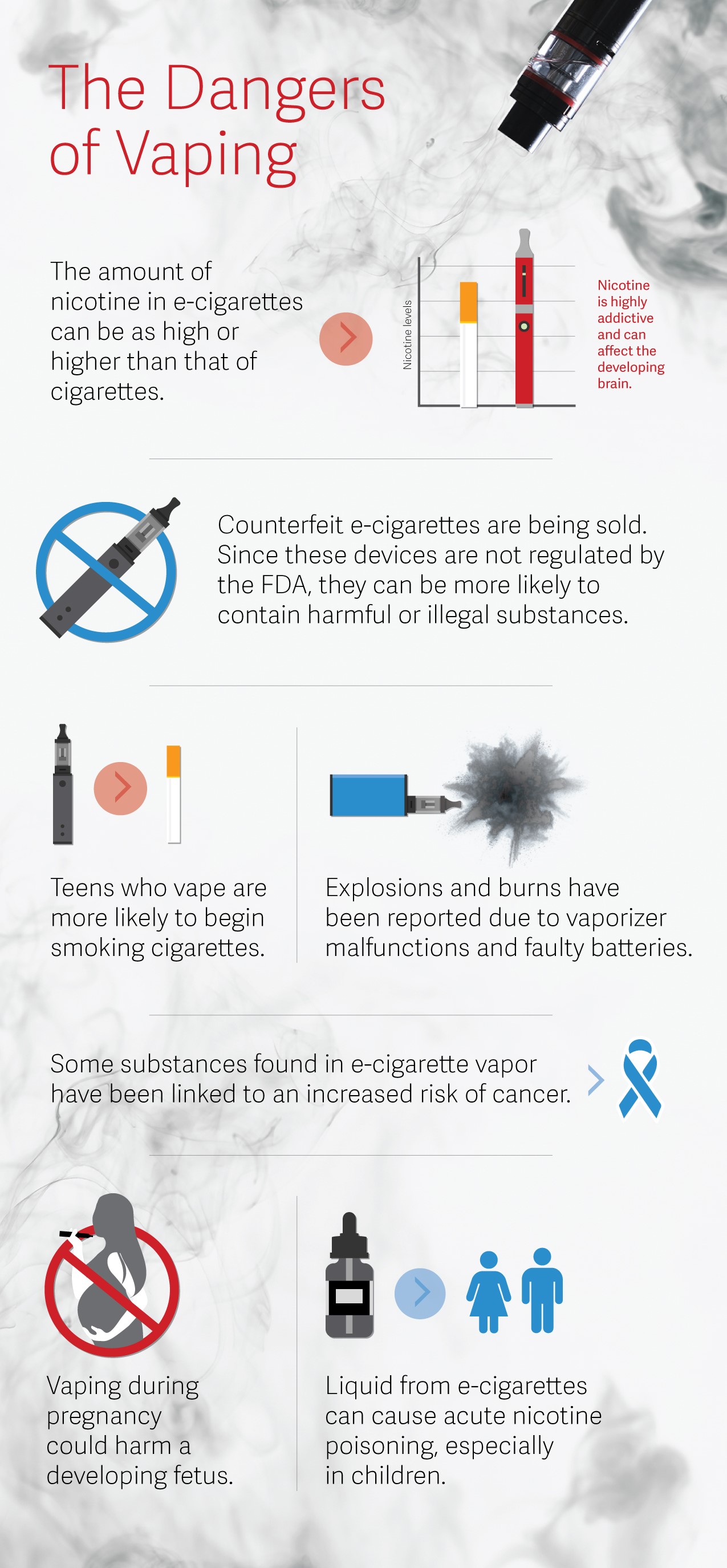Is vaping permissible for Muslims? The prevailing consensus among Islamic scholars is that vaping is considered haram (forbidden) due to its potential health risks and its resemblance to smoking, which is widely prohibited.
Vaping, the act of inhaling aerosol produced by electronic cigarettes, has surged in popularity globally, particularly among younger demographics. This trend has ignited significant discussion and debate, especially within the Muslim community, about its compatibility with Islamic principles. This article delves into the intricacies of this issue, examining the various perspectives, the underlying reasons, and the implications for Muslims.
To fully understand the ruling on vaping, it's crucial to grasp the Islamic concept of "haram," which translates to "forbidden." In Islam, actions are categorized as either halal (permissible) or haram (prohibited). Actions are deemed haram if they are explicitly forbidden by the Quran or the Hadith (sayings and actions of the Prophet Muhammad, peace be upon him). The core principle is that Muslims should only engage in actions that are beneficial or at least harmless.
| Aspect | Details |
|---|---|
| Definition of Vaping | Inhaling aerosol generated by an electronic device, typically containing nicotine, flavorings, and other chemicals. Often referred to as electronic cigarettes (e-cigarettes) or vape pens. |
| Haram (Forbidden) | Actions that are strictly prohibited in Islam based on the Quran and Hadith. |
| Halal (Permissible) | Actions that are permitted in Islam. |
| Nicotine | A highly addictive substance often found in vaping liquids. |
| Flavorings | Chemicals added to vaping liquids to create various tastes. |
| Health Risks | Potential dangers associated with vaping, including respiratory problems, addiction, and other adverse effects. |
| Alternatives | Options to quit vaping, such as nicotine replacement therapy and counseling. |
| Wudu | Ritual ablution performed before prayer in Islam. |
| Fasting | Abstaining from food and drink from dawn to sunset during the month of Ramadan. |
| Ramadan | The ninth month of the Islamic calendar, a time of fasting, prayer, and reflection. |
Reference: https://www.islamqa.info/en/answers/250674/ruling-on-vaping-e-cigarettes
Many Islamic scholars consider vaping haram, and several factors contribute to this perspective. Firstly, vaping often involves nicotine, a highly addictive substance. Nicotine itself is not explicitly mentioned as haram in the Quran or Hadith. However, its addictive nature and potential for harm lead many scholars to view its consumption with caution. Secondly, the ingredients of vaping liquids can include various chemicals and flavorings, some of which have been linked to health issues. While the long-term effects of vaping are still being researched, the potential for harm is a significant concern.
The comparison to smoking is also crucial in the debate. Smoking, which is widely known to be detrimental to health, is generally prohibited in Islam. Vaping, in many ways, mimics the act of smoking by involving the inhalation of a substance. Some scholars draw parallels between the two, arguing that since smoking is haram due to its harm, vaping, which poses similar risks, should also be prohibited.
The argument of vaping being a "safer alternative" to smoking is often presented. While it's true that vaping may be relatively less harmful than traditional cigarettes, this does not automatically render it halal. Islam emphasizes the avoidance of harm. If an action has any potential for harm, it should be avoided. The absence of any clear benefit from vaping, combined with the presence of potential health risks, makes it impermissible according to many scholars.
Furthermore, some scholars argue that vaping can be considered haram due to its resemblance to smoking. The act of vaping shares similarities with the prohibited act of smoking, including the act of inhaling smoke or vapor. This resemblance to a prohibited activity can, in itself, make vaping objectionable.
The ruling on vaping is also affected by specific contexts, such as Ramadan. During Ramadan, Muslims abstain from food and drink from dawn until sunset. Vaping, because it involves inhaling a substance into the body, is considered to break the fast. Therefore, vaping is haram during fasting hours.
Moreover, the act of vaping can be considered to invalidate "wudu," the ritual ablution that Muslims perform before prayer. Anything that introduces a substance into the body by way of the mouth is considered to break "wudu."
The ruling on vaping in the Hanafi fiqh is particularly relevant here, as it is the most widely followed school of thought. According to Hanafi principles, actions that are likely to cause harm or that resemble prohibited activities are generally discouraged and often considered haram. Considering the health risks and the similarity to smoking, many Hanafi scholars classify vaping as haram. This view is further supported by the principle that "whatever leads to haram is haram."
The question of whether vaping is permissible when the flavoring contains alcohol is also important. Although some flavorings may contain trace amounts of alcohol, the quantity involved is usually negligible. The general rule is that if the alcohol content is small, it is overlooked. However, the preference is to avoid anything that may contain alcohol or its derivatives.
The prohibition on vaping stems from the underlying concern for the preservation of health and the avoidance of harm. The concept of protecting one's health is a fundamental tenet in Islam. Anything that may endanger health is discouraged. Islamic teachings emphasize the importance of moderation, cleanliness, and avoiding actions that lead to addiction.
Considering the above arguments, it's clear that the matter of vaping is not straightforward. The Islamic legal rulings, or fatwas, on vaping have a range of different views. Some scholars and religious organizations view vaping as strictly haram, whilst others maintain that it is not as dangerous as traditional smoking and can be tolerated if it helps people quit smoking.
In the broader context, the Islamic stance on vaping echoes its wider teachings on health, well-being, and the avoidance of harmful substances. As such, Muslims are urged to consider the potential risks associated with vaping, to seek guidance from qualified scholars, and to prioritize their health and well-being by refraining from vaping or seeking effective ways to quit.
The complexities surrounding vaping and its place within Islamic teachings underline the need for ongoing dialogue and critical assessment, within the broader framework of Islamic legal thought. This is especially critical as scientific knowledge and public health concerns continually evolve.


